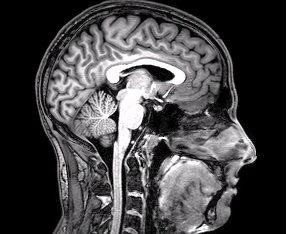
A new study may have uncovered why some children recover more slowly from concussions and other types of brain injury. They may have suffered more damage to the protective coating around the nerve fibers in their brains.
In the study, researchers evaluated 32 young patients, aged 8 to 19, who had had a moderate to severe brain injury during the previous 5 months. These patients underwent tests of their cognitive function, including how fast they could process and recall information. They also had the electrical activity in their brains measured to see how quickly nerve fibers in their brain could transmit information. Imaging scans were done to assess the structural condition of their nerve fibers.
Healthy nerve fibers are coated with a fatty substance called myelin that acts like insulation on electrical wiring, protecting the nerve signals as they go through the brain.
Half of the patients had widespread damage to the myelin coating their nerve fibers. They did 14% worse on tests of mental skills. Their brain wiring worked one third as fast as healthy children. The other 16 patients had nearly intact myelin and their brains worked as quickly as healthy children. They performed 9% better on tests of mental skills than those with more myelin damage.
"Our research suggests that imaging the brain's wiring to evaluate both its structure and function could help predict a patient's prognosis after a traumatic brain injury," said Dr. Emily Dennis, a postdoctoral researcher at the University of Southern California in the news release.
"We suspected that trauma was damaging the myelin and slowing the brain's ability to transmit information, interfering with patients' capacity to learn," said Dr. Christopher Giza, a professor of pediatrics and neurosurgery at the University of California, Los Angeles, in a university news release. He is one of the authors of the study.
The study was published in the Journal of Neuroscience.

